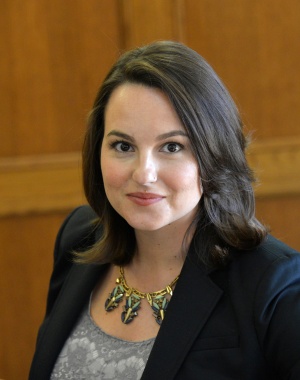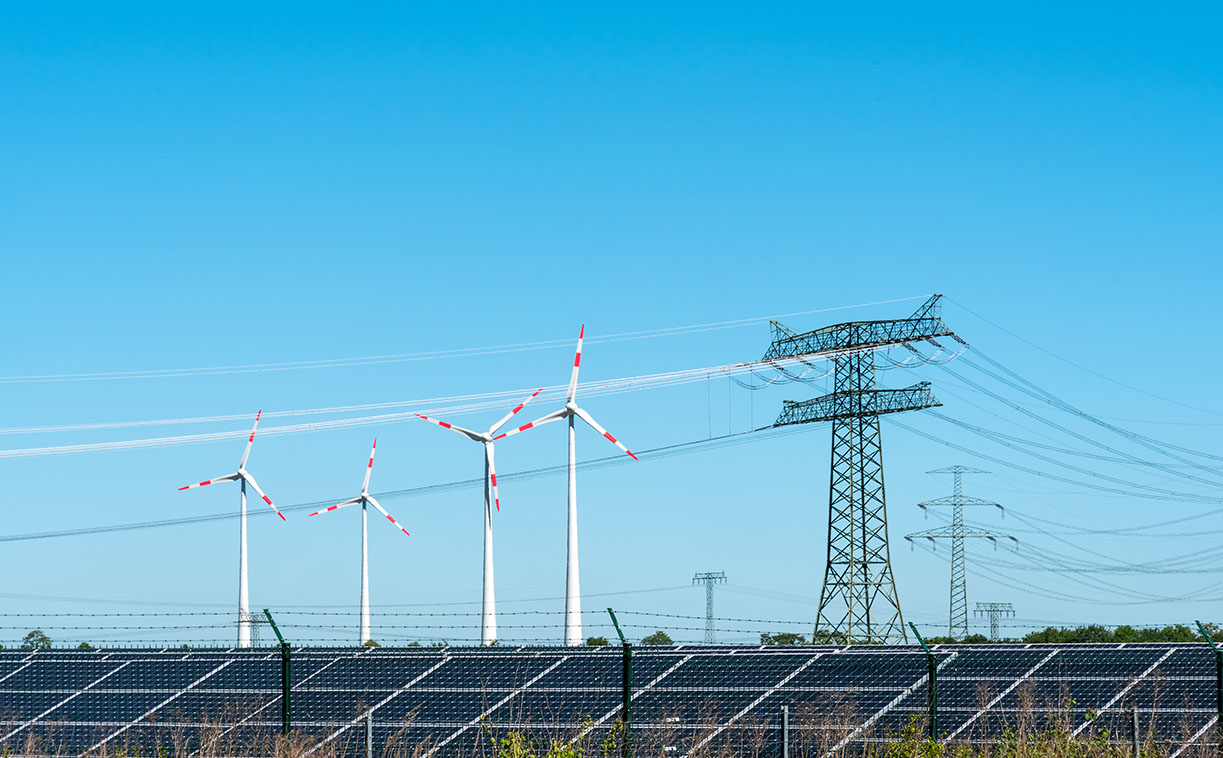
Transmission impossible?
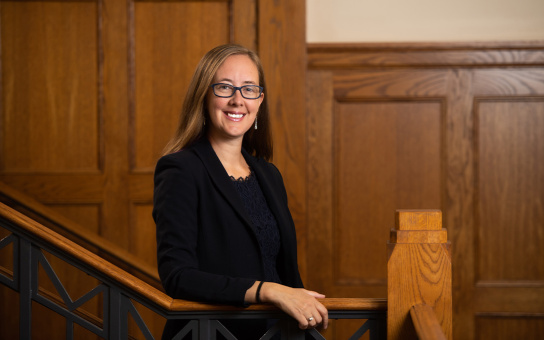
Current research suggests that the U.S. could reach net-zero carbon dioxide emissions by 2050 at a relatively low cost by utilizing currently available technologies, such as electric vehicles and zero-carbon electricity generation. Complicating matters is the need for a large expansion in transmission capacity to deliver that power—upwards of two to five times the increases we’ve seen over the last 15 years. This is according to new research by economist Catherine Hausman and colleagues from UC Berkeley and MIT. The authors also describe the fragmented U.S. energy grid created from decades of individual utilities making disconnected decisions; transmission is more complex, they write, because there is no central authority—building new lines requires approval from federal, state, and local authorities and creates disagreements about cost allocations, siting, and permits.
The researchers recommend enhanced federal authority over siting and permitting new transmission lines— similar to the Federal Energy Regulatory Commission’s central authority for natural gas pipelines. They also suggest making upgrades to existing transmission corridors and building new projects in places already designated for public infrastructure use, such as along waterways, railroads, and highways.
Acknowledging that the required expansion in transmission capacity will be difficult to achieve, the authors describe two important substitutes for expanding transmission lines—more federal funding for research and development for energy storage strategies and using dynamic pricing. While neither substitute would eliminate the need for additional transmission, each could play an important role in accommodating renewable growth.
Climate communication conundrum
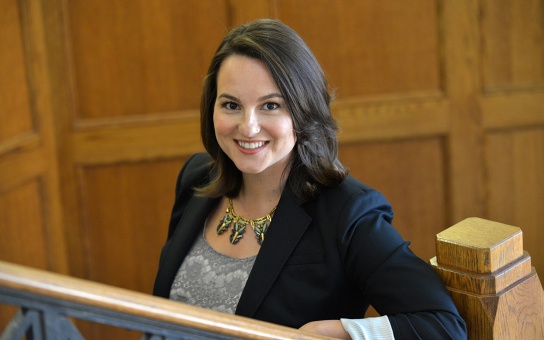
Floods, droughts, and extreme heat from climate change are increasingly causing widespread forced migration. In work funded by the Graham Sustainability Institute’s Carbon Neutrality Acceleration Program, social psychologist Kaitlin Raimi and her colleagues examine how awareness of climate-induced migration affects Americans’ beliefs about climate change or immigration in general. The research incorporates two studies: a correlational pilot study consisting of 350 participants and an experimental messaging study incorporating more than 1,000.
Initial study results found that those aware of the connection between climate change and immigration also reported greater perceived climate concerns and support for policies addressing climate change as well as more positive immigration attitudes and greater support for immigrants. However, results from the main study provided evidence that exposing participants to information about climate-induced immigration did not increase prosocial responses on climate change or immigration. In fact, it resulted in more negative attitudes toward immigrants. Researchers also were surprised the backfiring effect was present among both Republicans and Democrats—though to a lesser degree among the latter group.
“Our studies uncovered a conundrum: people who already knew about how climate change may spur migration tended to want to take actions to help immigrants and help slow climate change. But telling people about the connection between climate and migration had the opposite effect,” Raimi said.
The authors underscore the need for additional research about messages regarding climate change and how they can evoke empathy or nativism. They warn reporters, advocates, and other communicators to exercise caution in their messaging.
Carbon pricing enters middle age
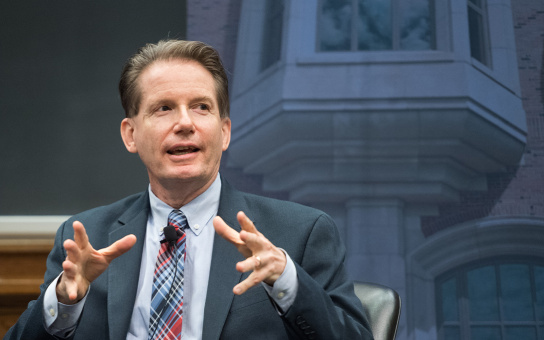
“It is difficult to identify another policy tool that has been either more celebrated or dismissed in recent decades as carbon pricing,” writes political scientist Barry Rabe in a new paper. On the fifth anniversary of his book, Can We Price Carbon?—the first major political science analysis of carbon pricing—Rabe explores subsequent attempts to price carbon through taxes or cap-and-trade systems in revisiting whether pricing is politically feasible and durable.
Rabe’s book concluded that pricing is far more difficult to adopt and sustain than advocates had anticipated but politically possible under certain conditions. His new paper finds an increasingly uneven pattern across nations. The American carbon price remains zero, while major trade partners—the European Union, the United Kingdom, and Canada—have overcome political hurdles, establishing and expanding robust carbon pricing regimes.
Major differences in climate policies between trade partners “could create significant leakage problems” that would hurt domestic industrial competitiveness in nations that pursue substantial carbon pricing. The EU has responded to these asymmetries by developing a carbon border adjustment mechanism, linking climate and trade policy in unprecedented ways. Rabe says such policies are increasingly plausible as “ever-deeper carbon pricing and climate policy variation [exists] amid growing national support for domestic economic protection measures.”
Carbon pricing efforts have increasingly allocated revenues for related purposes, such as energy efficiency and clean energy transition. One largely unanticipated development entails growing expansion of pricing tools to other greenhouse gasses such as methane and hydrofluorocarbons, even in the United States.
Rabe concludes that it is premature to discard carbon pricing as a viable climate option. He notes that the most effective pricing uses to date have entailed sequencing with other policy tools, such as performance standards and subsidies.
» Read "Climate Pricing Enters Middle Age" published by the Wilson Center. June 2023.
More in State & Hill
Below, find the full, formatted fall 2023 edition of State & Hill. Click here to return to the fall 2023 S&H homepage.

